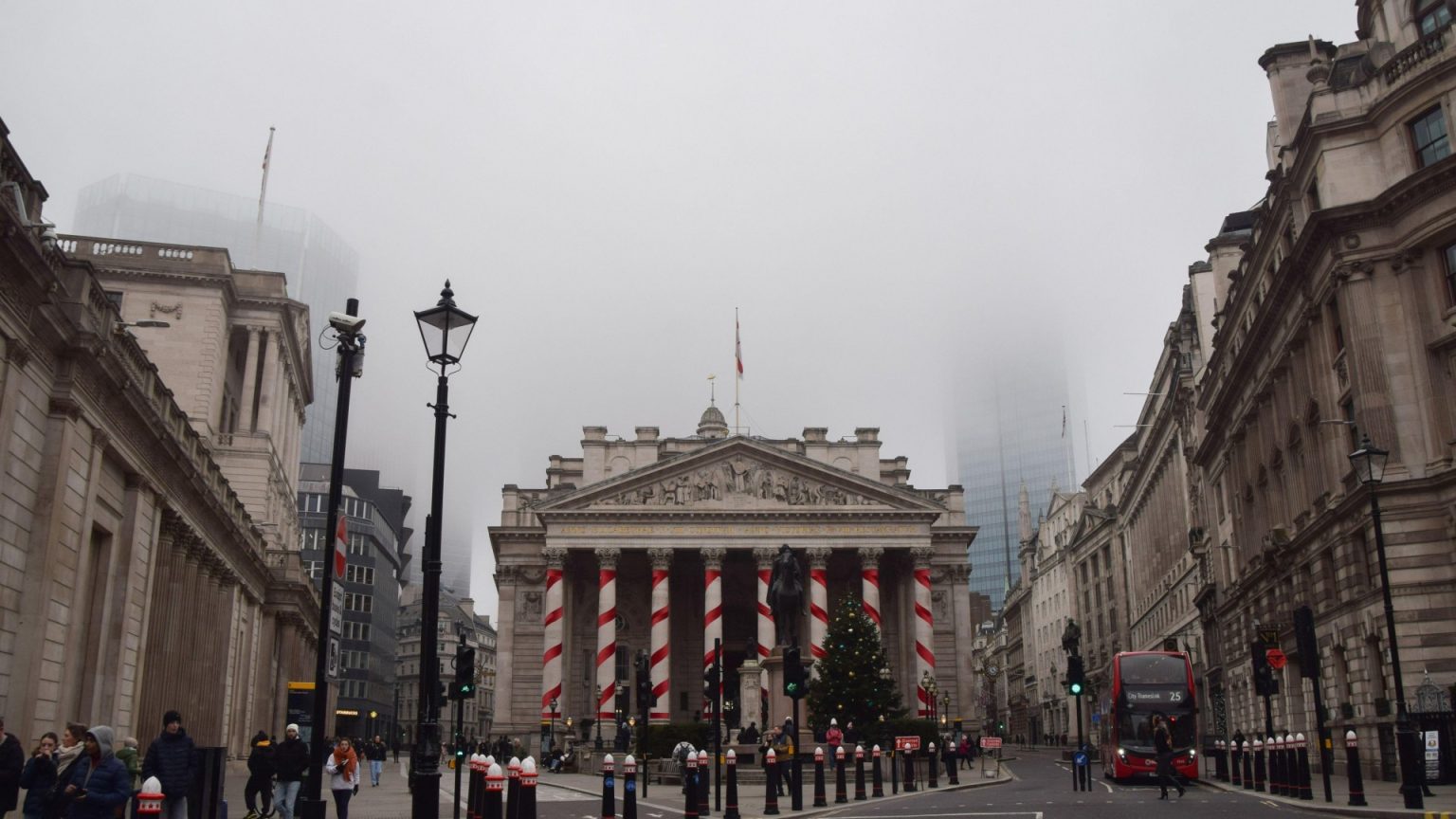A Glimmer of Hope Amidst Economic Gloom: Reasons for Business Optimism in 2025
The prevailing economic climate is undeniably challenging, with recessionary fears and persistent inflation casting a long shadow. However, amidst this gloom, there are glimmers of hope and potential catalysts for a business resurgence in 2025. A confluence of factors, from anticipated interest rate reductions to significant public spending initiatives, could create a more favorable environment for businesses to thrive. While challenges remain, focusing on these positive developments offers a more optimistic outlook for the year ahead.
One of the most anticipated developments is the projected decline in interest rates. Although the pace and magnitude of the decrease may not be as dramatic as previously hoped, a reduction to around 4% is still significant. This will provide much-needed relief to businesses burdened by high borrowing costs, allowing for greater investment and expansion. Lower interest rates also benefit mortgage holders and credit card borrowers, freeing up disposable income and potentially stimulating consumer spending. Furthermore, reduced government borrowing costs will alleviate pressure on public finances, enabling more resources to be allocated to essential services and infrastructure projects.
The political landscape is also expected to stabilize in 2025, following a year of significant elections globally. While the specific outcomes of these elections may vary, the increased certainty surrounding leadership and policy direction can be beneficial for businesses. Knowing who holds the reins of power allows for better planning and investment decisions, reducing uncertainty and fostering a more stable operating environment. The incoming US President’s suggestion that the UK might be excluded from planned tariff increases is another positive sign, potentially averting a trade disruption that could have hampered economic growth.
Despite recent tax increases that have led some businesses to curtail investment, the government’s commitment to infrastructure projects offers a countervailing force. Planned investments in road repairs, housing construction, and other public works will inject much-needed capital into the economy. This spending is expected to have a ripple effect throughout supply chains, stimulating demand for materials, equipment, and labor, thus boosting growth and creating jobs across various sectors. The multiplier effect of these investments can significantly amplify their impact on the overall economy.
Beyond macroeconomic factors, specific industries are also poised for a resurgence in 2025. The cinema industry, which has faced considerable challenges in recent years, is anticipating a revival fueled by a slate of highly anticipated releases. Blockbuster sequels, remakes, and original films are expected to draw audiences back to the big screen, boosting ticket sales and revitalizing the cinematic experience. This resurgence could also have positive spillover effects on related industries, such as concessions, advertising, and merchandise.
Another bright spot is the anticipated turnaround of Rolls-Royce, the British manufacturing giant. The company’s expected return to profitability, marked by its first dividend payment in four years, signals a remarkable recovery. This success story underscores the resilience of British industry and its potential to overcome challenges through innovation and strategic restructuring. The significant increase in Rolls-Royce’s share price further demonstrates investor confidence in the company’s future prospects.
Finally, the return of NatWest to private ownership, following its bailout during the 2008 financial crisis, symbolizes the completion of a long and complex recovery process. The sale of government-held shares has not only generated revenue for the Treasury but also represents a significant step towards normalizing the banking sector. This successful privatization reinforces the stability and resilience of the UK financial system.
In conclusion, while the current economic outlook may appear bleak, several positive developments offer grounds for optimism in 2025. Anticipated interest rate reductions, increased political certainty, significant public spending, and the resurgence of specific industries like cinema and manufacturing all point towards a potential turning point. These factors, combined with the successful privatization of NatWest, suggest that the UK economy may be on the cusp of a period of renewed growth and stability. While challenges undoubtedly remain, focusing on these positive trends provides a more hopeful perspective for businesses and the broader economy in the year ahead.











